I have to write a web application, and I am not sure which technology to choose. The user interface has to look like a desktop application. From my (limited) experience with HTML, CSS and JavaScript, I know this is far from easy. What I'd like is to be able to program just like in C++, C# or Java, because I think these languages are far more suited for implementing a GUI.
My question is threefold:
- Is this possible?
- Which technologies can be used for this?
- And if it is possible, why are most web applications still made using HTML and JavaScript?
Update: Thanks for the many responses!
